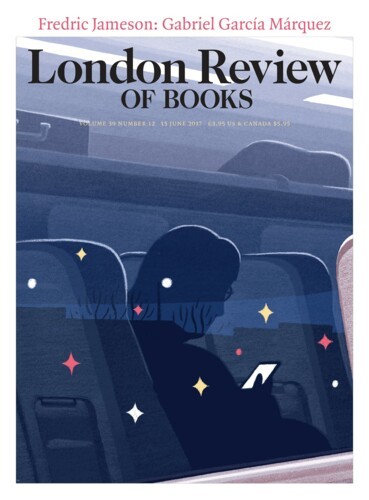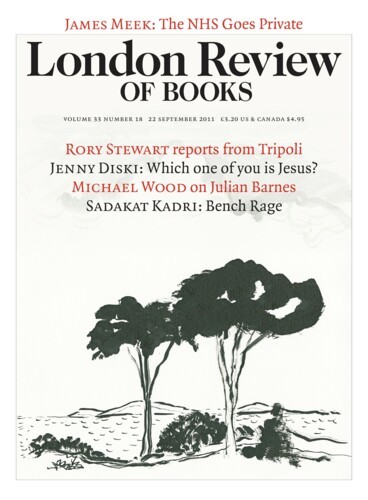Between Troy and Rome: Trojan Glamour
Denis Feeney, 15 June 2017
Virgil’s Aeneid became the canonical myth of Rome’s origins as soon as it was published, following the poet’s death, in 19 BCE. When Troy fell to the Greeks, the story goes, Aeneas, the son of Venus and Anchises, survived and escaped from the burning city with his father and young son Ascanius (also called Iulus). After years of wandering, the Trojans reached Italy...




